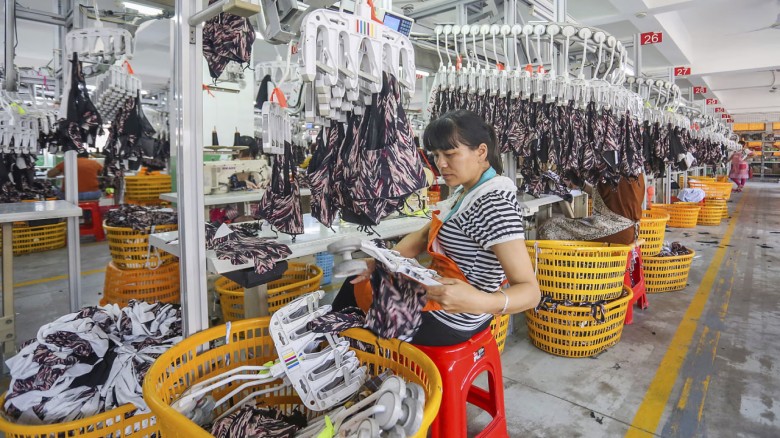UK Marketplace Sellers Brace for 'Second Brexit' Impact from Trump's New US Import Rules
UK-based sellers on marketplaces like eBay and Amazon are facing a significant blow to their US sales due to planned changes to US import regulations under Donald Trump. Experts are warning that these changes could have an impact on small traders comparable to the disruption caused by Brexit.
The new import rules, which took effect in February, require all parcels from China to pay import duty—up to 15% on fashion items—and an additional 10% tariff. The changes also apply to larger retailers such as Asos and Boohoo. These adjustments aim to protect US retailers from rising competition, particularly from Chinese online marketplaces like Shein and Temu. Although the rules were paused temporarily due to overwhelming customs checks, experts expect them to be reintroduced within months, potentially raising prices for US consumers and hurting online retailers' sales.
Previously, items worth under $800 shipped from the UK to the US were exempt from import duties and bypassed standard customs procedures. This “de minimis” policy, designed to ease online shopping, is now being revoked after the volume of shipments surged to over 1 billion by 2023, most from China and Hong Kong. The new system will result in higher costs for UK businesses exporting to the US, with duties adding $30 to $50 per parcel.
Brad Ashton of RSM Consulting warned that these changes could erode profit margins, making UK businesses less competitive in the US market. He likened the situation to a "second Brexit," particularly for small traders. The widespread reliance on Chinese manufacturing by UK fashion brands like Asos and Boohoo means that even larger companies will be affected.
The new rules could have a broader reach, potentially impacting all goods with any part of their production originating from China. Experts anticipate that the de minimis threshold may be scrapped for all imports, regardless of their origin, which could lead to higher costs for businesses and consumers alike.
The shift in trade policy also raises concerns about the potential for greater customs delays. Customs checks now require up to two additional days to process parcels, placing UK retailers at a disadvantage in terms of delivery speed compared to US-based competitors.
For online retailers, uncertainty about the potential taxes could lead to lower sales as US consumers hold off on purchases. The new tax rules may also challenge brands that market themselves as British or European, but which source production from China, potentially harming their appeal.
In response, some retailers may move toward increasing their presence in US-based warehouses or seek alternative supply sources, such as India, Bangladesh, or Turkey. This shift could be accelerated by Trump's new tax rules, with Shein reportedly encouraging Chinese suppliers to set up operations in Vietnam.
While the full implementation of these rules may take weeks or even months, UK businesses are bracing for the inevitable changes and the economic impact they will bring.









































































Leave A Comment